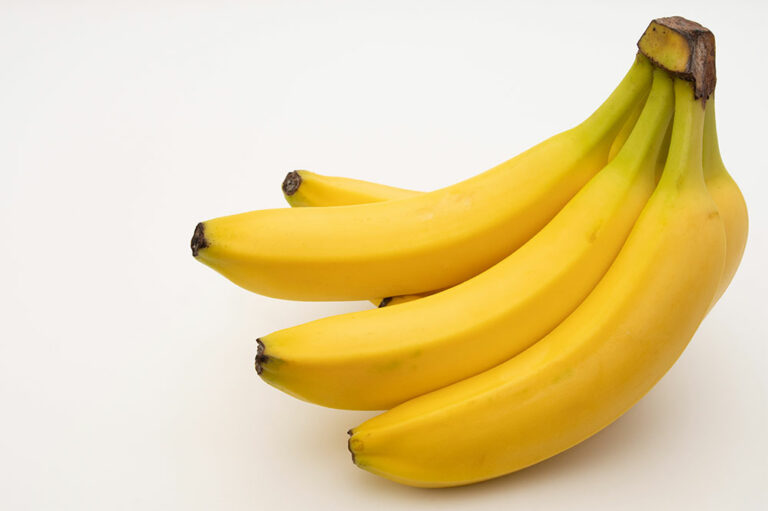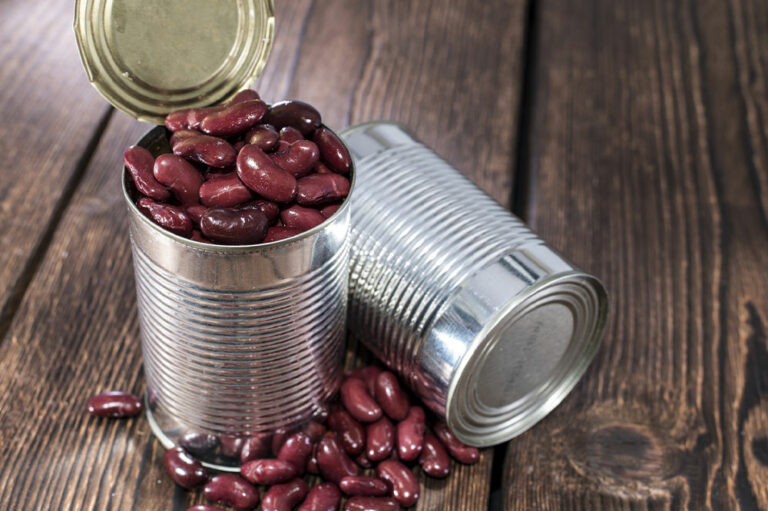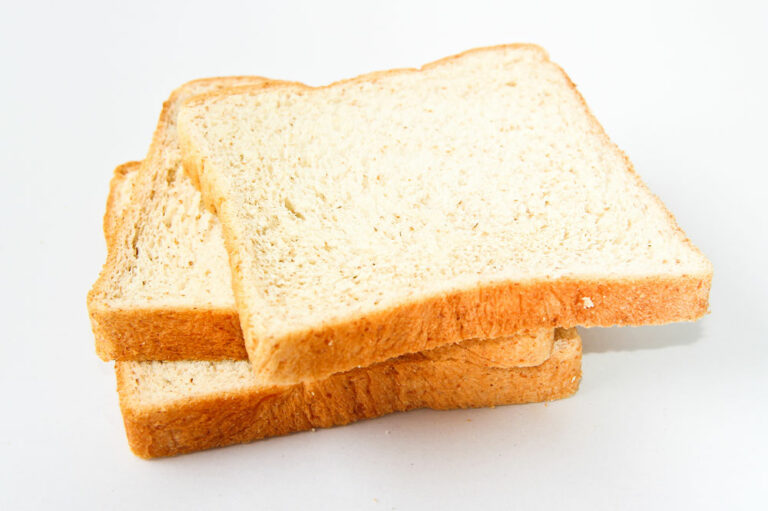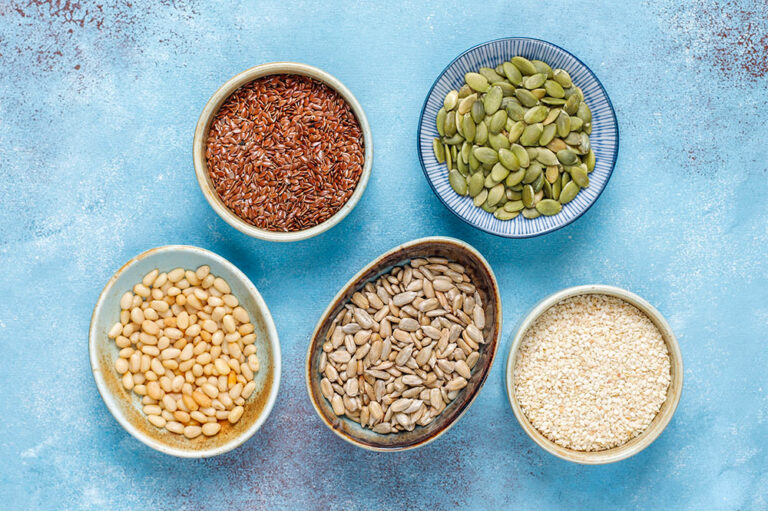
01
Avoid these 5 skincare mistakes that can cause premature aging
People begin to get worried about the appearance of fine lines and wrinkles as they age. Getting flawless skin is a common goal, and one can find plenty of advice online and in magazines on how to achieve it. However, one does not always need expensive products to boost their skin health. In fact, avoiding common skincare mistakes could help prevent premature aging. So here are a few things to avoid for youthful skin: Not using a sunscreen Skin diseases, including skin cancer, are brought on by over-exposure to harmful UV rays of the sun. According to dermatologists, about 90% of premature wrinkles could be caused by sun exposure. So, it is essential to use sunscreen even when one is outdoors for a short duration. Also, one should use sunscreen irrespective of the weather, i.e., even on cloudy days. One should use sunscreen that has a sun protection factor (SPF) of at least 30. Moreover, it is not just the heat from the sun that can cause premature aging, regularly using hot showers, saunas, and hot tubs can also cause skin damage. So, using lukewarm or tepid water to wash your face is the best solution. Unhealthy food choices Most health issues, including skin diseases , can be prevented by making better food choices.
Read More 









